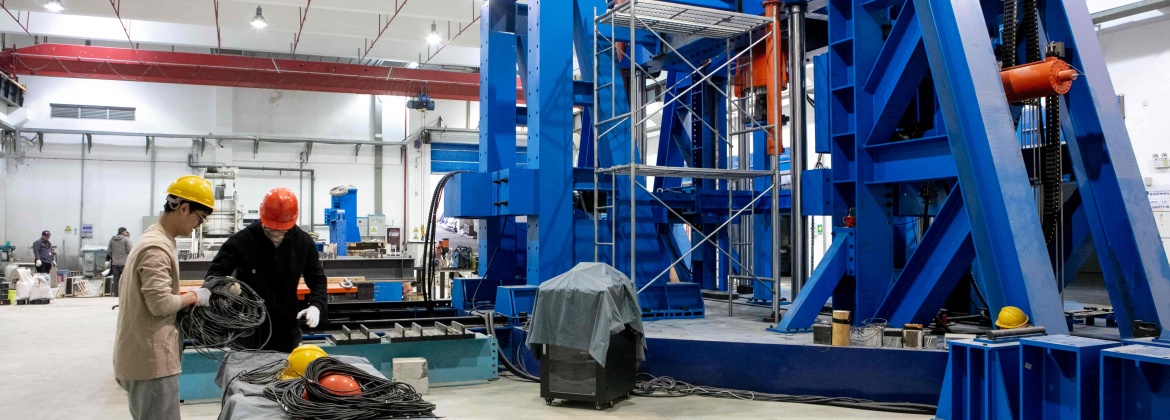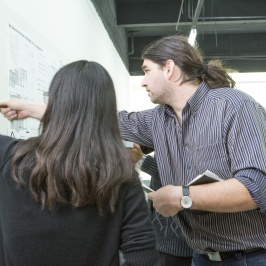
The MSc Civil Engineering programme incorporates all of the contemporary key elements of engineering design in the built environment.
The MSc Civil Engineering programme incorporates all of the contemporary key elements of engineering design in the built environment.
During the programme, you will develop a high level of knowledge and skills in the fields of structural engineering, construction management, geotechnical engineering and innovative construction materials.
The MSc Civil Engineering programme embraces research-led teaching, where the students are actively engaged by accomplishing technical tasks, either in the form of group work or individual projects.
This programme comprises four semesters of taught modules, followed by a research dissertation project spanning two semesters.
The programme is accredited by the Joint Board of Moderators (JBM) as meeting the requirements for Further Learning for a Chartered Engineer (CEng), for candidates who have already acquired a partial CEng accredited undergraduate first degree.




MSc (Technical)
This degree is accredited as meeting the requirements for Further Learning for a Chartered Engineer (CEng) for candidates who have already acquired a partial CEng accredited undergraduate first degree.
See www.jbm.org.uk for further information.




——-
By the time you graduate from the MSc Civil Engineering programme, you will have:

The university offers a broad range of activities aiming to enrich master students’ theoretical and experiential learning and professional development. Trainings, workshops and seminars, covering varieties of themes and topics, both generic and subject-specific, are often offered at both university and school/department levels. You may also be provided with opportunities to work as a teaching assistant, research assistant, or intern at XJTLU. Depending on the programme, field trips and company visits may be organized, and invited talks may be given by the industrial experts and professionals. Such activities will not only support you in your programme study, but also develop your personal and professional skills and enhance your overall employability.

Graduates from this programme are well prepared for roles such as consultant or site manager in the construction industry, as well as similar positions in government, and in water management and infrastructure facilities. Graduates can also find employment as structural engineers, geotechnical engineers, hydraulic and hydrologic engineers, quantity surveyors and quality managers.

